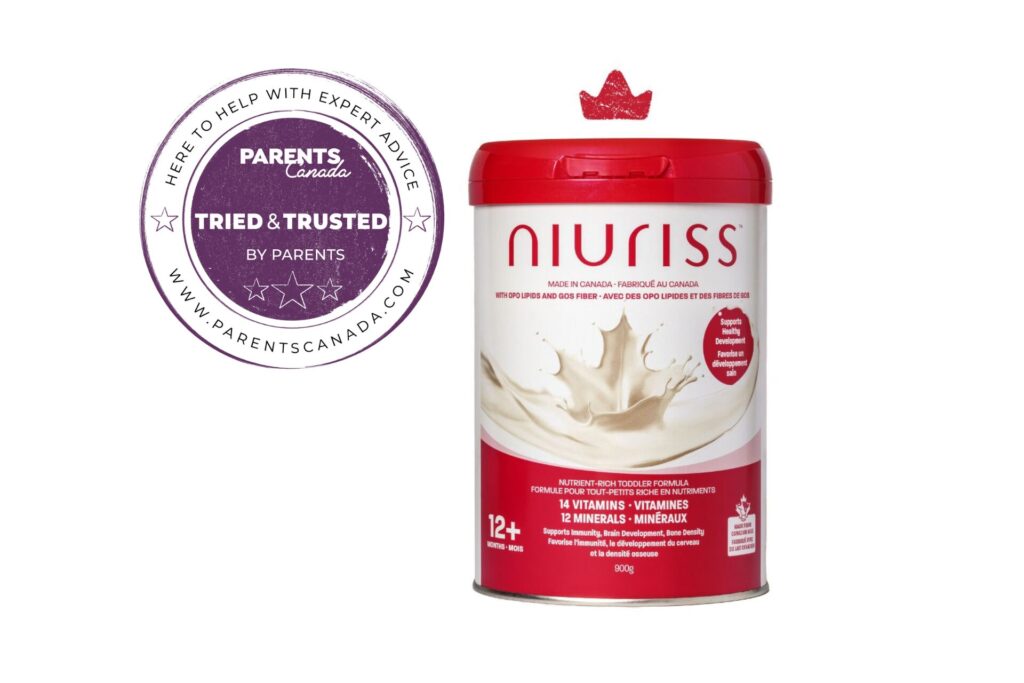 Question
Question
My two-year-old sucks his thumb. I’m worried it will affect his teeth. Is a pacifier any better? When should I be really concerned that he hasn’t given it up?
Answer
Between 75 and 95 percent of infants suck their thumbs or use pacifiers but most children stop on their own between two and four. Thumb sucking can be very comforting as it provides a sense of security and contentment like a teddy bear or favourite blankets. Is this a cause for worry?
Most of the time, the answer is no. However, it is important to pay attention how your child sucks his or her thumb. If the sucking is passive, with the thumb gently resting inside the mouth, it is less likely to cause damage. If the thumb sucking is aggressive, placing pressure on the mouth or teeth, the habit may cause problems with teeth alignment and proper mouth growth.
Extended sucking affects both the teeth and the shape of the face and may lead to a need for orthodontic treatment. If your child is still sucking when his or her permanent teeth start to erupt, it may be time to break the habit.
To help your child kick the habit:
- Be supportive and positive.
- Give praise for not sucking, instead of punishing sucking.
- Put a Band-aid on your child’s thumb or a sock over the hand at night. Let your little one know that this is a way to help remember to avoid sucking.
- Start a progress chart and let your child put a sticker up every day that he or she does not suck. At the end of the week, he or she gets to choose a prize.
- Take notes of the times your child tends to suck and create diversions during these occasions.
If you see changes in the teeth or mouth of your child, make sure you consult with a dental professional immediately.
A pacifier may be less damaging. Thumb sucking can lead to an overbite if it continues after your child’s permanent teeth come in, whereas pacifiers put less pressure on the teeth. And also, you cannot take the thumb away, which means that thumb sucking is a much harder habit to break than saying goodbye to the pacifier.
Either thumb sucking or pacifier use is not a problem as long as your child gives it up before the permanent teeth start developing, usually around three years old.
Originally published in ParentsCanada magazine, June 2015.










